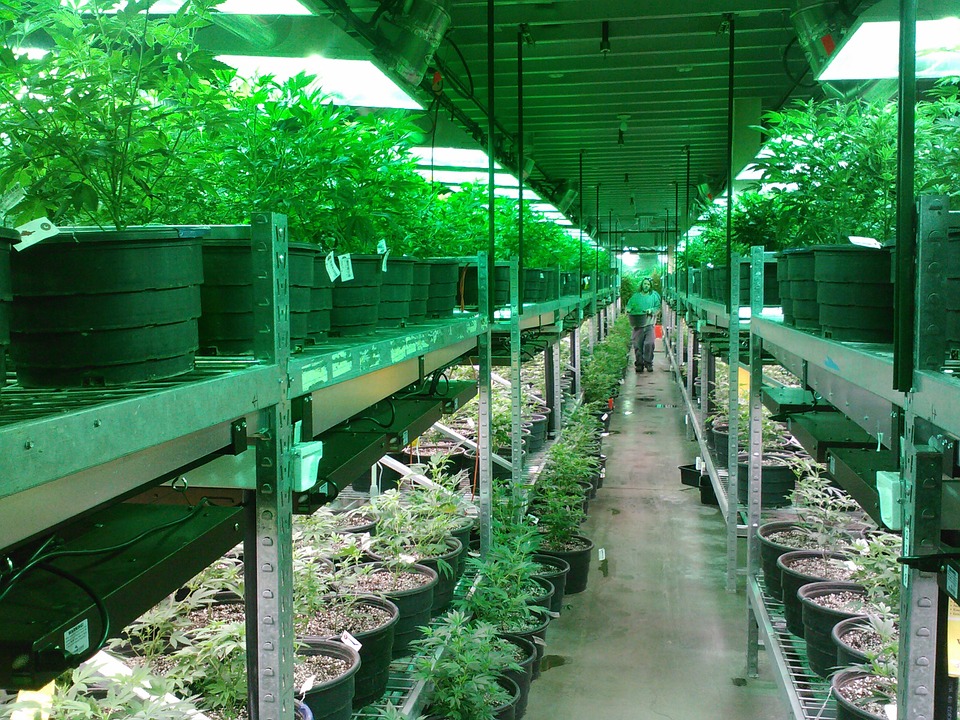
Is there software in the burgeoning legal marijuana industry? Just a dab. With four states offering legal marijuana, and more than 20 with medical or decriminalized cannabis laws, the business of selling the plant and its derivatives is growing every year.
Naturally, software developers, vendors and startups alike are all looking to cash in on the boom. Silicon Valley, itself located in a state with legalized medical marijuana, has even produced a few pot startups.
Leafly, for example, offers an index of pot shops, crowdsourced information on the powers and effects of various strains, and coverage of the industry as a whole, no different than a wine blog or beer magazine.
(Related: Open-source contributor wants to bring healthcare to the masses)
Renowned startup incubator Y Combinator has even funded Meadow, a medical marijuana home delivery company. (Y Combinator is the incubator at which companies like Airbnb, Cloudkick and Dropbox were fostered.)
And a company called Flowhub, which provides cannabis companies with a “seed-to-sale” tracking platform, is developing APIs in the hopes of sharing knowledge within the marijuana industry.
While legally growing and selling pot is new, the software of tracking it isn’t. BioTrackTHC is no glittering California startup. Rather, it’s a serious software firm located in Florida that was originally created to offer a tool for tracking pharmaceuticals.
Florida was something of a capital for drugs like Fentanyl, Oxycodone, and Suboxone, all controlled substances and commonly prescribed to senior citizens in pain who’ve made Florida their home. Patrick Vo, CEO and cofounder of BioTrackTHC, said that this original purpose was definitely needed, but quickly changed due to feedback.
“The company set out to develop software to combat drug diversion,” he said. “Florida, years ago, was considered the pill mill capital of the country. Controlled meds were being diverted from their intended medical uses to non-medical purposes. We were demonstrating the software, and a number of medical cannabis dispensary owners asked for us to pivot the software to cannabis.”
The pivot came in 2009, and since then, the company has launched two cannabis products: one for producers, and one for governments looking to track the sales and production of the industry in their states and local municipalities.
BioTrackTHC now runs marijuana tracking for Washington state, for example, and is able to easily digest the harvesting and transporting information from firms that use the software for their growing and sales operations.
Vo said that marijuana is different from other grown products like flowers or corn, simply because it is so valuable. Ever a half-gram must be tracked from harvesting to processing to transportation, and keeping that info together and transparently accessible is what BioTrackTHC is all about.
David Terrell, BioTrackTHC’s CTO, is about as far from a pothead as you can get. This elder statesman of software development cut his teeth at NASA working on the space shuttle program in the 1980s.
He eventually moved on to the defense industry, where he worked for Lockheed Martin, developing the software for black boxes, and he also did a stint at Siemens. He said the BioTrackTHC team is agile, and that despite dealing with slow-moving government contracts, he’s kept things apace.
“Dealing with the government and any process, regardless of if there’s government oversight or not, you still want to have a process in place,” said Terrell. “At the tail end you want to have a feedback loop where you’re able to correct your processes. We’re able to use an agile process and have sprints within development, keeping those between two to four weeks.”
Agile is an important part of their process, said Terrell. “Waterfall does not lend itself to what we’re trying to accomplish. We’re trying to have developers done in time enough to have end users determine whether it works or not,” he said,
Terrell’s tool chain is similar to that in any vendor or enterprise, he said. “One tool that lends itself to agile is JIRA. It allows us to have a system in place so we can plan our sprints and track our requirements. We use C and C++, and things of that nature.”
All that process and attention to the requirements surely helped to win the state of Washington contract. Said Vo, “We came out as the winner mainly because of the expertise we had accumulated in the industry and the specialization of the platform. We deployed that to Washington, and it has been up and running for over two years. We track a vast amount of data for the state. A few months ago, we tracked over two million plants and over 200,000 events, from harvests, to transportation, to anything the state could need to have full visibility.”
It’s good to see someone keeping a clear eye on the pot industry.






